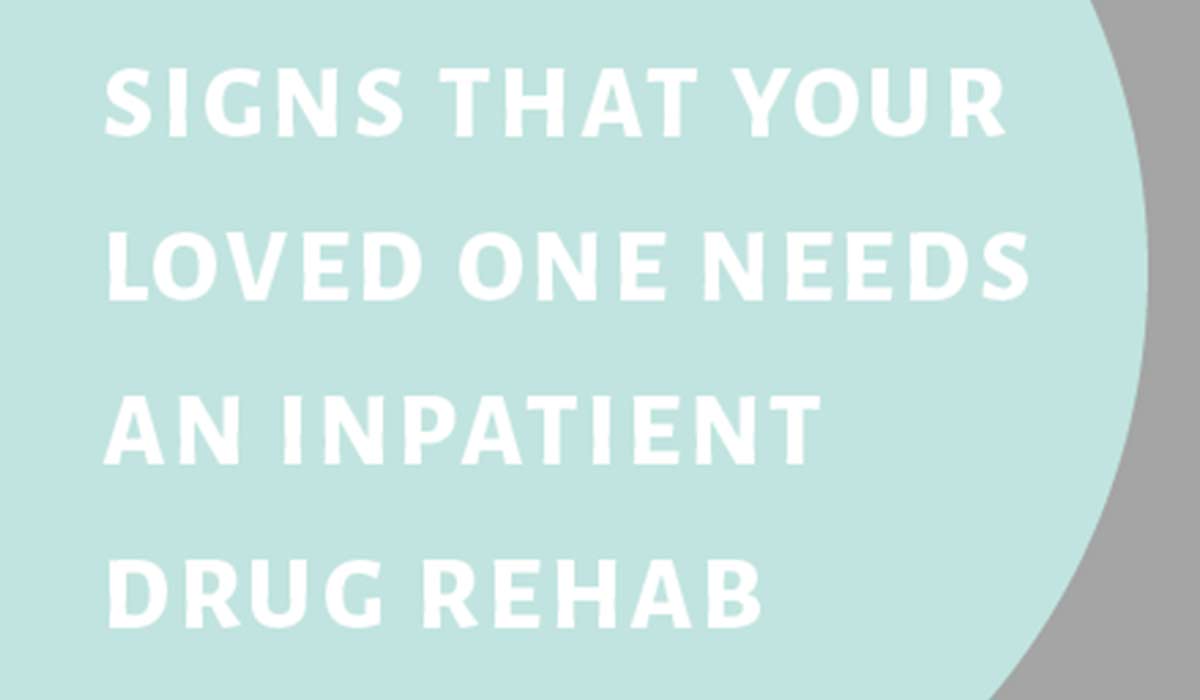The Importance Of Aftercare In Alcohol Rehabilitation Centers

Authored by-Noble Fitzgerald
Are you prepared to take the following step towards a healthier and also sober life?
The journey with alcohol rehab facilities is a critical initial step in conquering dependency. Nonetheless, it is necessary to bear in mind that the road to recuperation does not finish there.
The value of aftercare in alcohol rehab centers can not be overemphasized. It is the vital to enhancing your lasting healing and avoiding regression.
After finishing a rehab program, you may really feel a feeling of success and newfound stamina. But without the appropriate assistance and guidance, the difficulties of maintaining soberness can be overwhelming.
That's where aftercare comes in. It supplies you with the tools, resources, and ongoing support you require to navigate the ups and also downs of life after rehab. Via a combination of counseling, support system, and also recurring therapy, aftercare assists you develop a strong foundation for your recovery journey.
So, buckle up and prepare to uncover the significance of aftercare in alcohol rehabilitation centers, due to the fact that your trip to lasting soberness has simply started.
Enhancing Long-Term Recuperation
Enhancing long-lasting recuperation is like planting seeds in a yard, where aftercare in alcohol rehab facilities serves as the nurturing sunshine as well as water to help those seeds turn into strong, resistant plants.
After completing the first treatment program, aftercare plays an essential duty in keeping soberness and preventing relapse. It supplies ongoing assistance, support, and sources to people as they shift back to their lives.
One vital element of aftercare is the implementation of regression prevention approaches. Via specific counseling sessions and support groups, individuals find out coping systems and also devices to manage triggers and cravings. They're geared up with the needed abilities to browse challenging scenarios and handle anxiety without resorting to alcohol.
This recurring assistance assists individuals stay committed to their sobriety trip and also prevent falling back into old patterns.
Additionally, aftercare in alcohol rehabilitation facilities uses a sense of area and also connection. Participating in regular support system meetings allows individuals to share their experiences, challenges, as well as successes with others who recognize their battles. This sense of belonging and also assistance can be exceptionally empowering and also assuring. It reminds individuals that they're not the only one in their trip which there are others that have dealt with similar obstacles and triumphed over them.
Aftercare in alcohol rehab centers is vital for improving long-lasting recuperation. It provides the required support, tools, and neighborhood for people to preserve their soberness as well as prevent regression. By supporting people' progression and also offering continuous guidance, aftercare makes sure that the seeds of recovery remain to grow as well as flourish right into a healthy, meeting life.
Stopping Regression
In order to keep sobriety, it's crucial for you to proactively engage in relapse avoidance methods post-treatment. Stopping relapse is a continuous procedure that requires initiative and commitment.
Right here are three key techniques to assist you remain on track:
1. Build a strong support network: Border on your own with individuals who understand and sustain your journey towards sobriety. This can include your family, good friends, as well as support system. Having a network of individuals that are there for you throughout challenging times can make a considerable difference in protecting against regression.
2. Establish healthy and balanced coping devices: It is essential to locate healthy means to manage stress, triggers, as well as food cravings. This can consist of practicing mindfulness techniques, taking part in routine workout, or pursuing pastimes and also passions you appreciate. By discovering favorable outlets for your emotions, you can stay clear of turning to alcohol as a coping mechanism.
3. Create a regression avoidance plan: Work with your specialist or therapist to establish a regression prevention strategy tailored to your details demands as well as activates. This strategy ought to include strategies for determining warning signs, handling desires, as well as seeking assistance when needed. By having a strategy in place, you'll be much better outfitted to navigate difficult scenarios as well as stay on the path to lasting recovery.
Remember, protecting against relapse is a continual trip that needs self-awareness, dedication, as well as recurring assistance. By actively participating in relapse avoidance techniques, you can enhance your chances of maintaining sobriety and also leading a healthy and balanced, meeting life.
Navigating Challenges of Reintegration
When you reintegrate into society after finishing treatment, browsing the difficulties of reintegration can seem like stepping onto a complex and also strange course. You may have established brand-new coping mechanisms as well as abilities throughout your time in rehabilitation, but applying them in the real world can be intimidating.
Among the biggest challenges you may encounter is handling triggers as well as temptations that can bring about regression. It is necessary to remember that you're not alone in this journey. Connect to your assistance network, whether it's good friends, family members, or fellow recouping addicts, that can supply guidance as well as understanding throughout this tough time. They can help you determine prospective triggers as well as create methods to cope with them, such as staying clear of particular locations or situations, locating healthy and balanced alternatives to cope with tension, and practicing self-care.
Another difficulty of reintegration is rebuilding relationships that may have been strained or damaged due to your addiction. It prevails to really feel a mix of feelings, consisting of sense of guilt, shame, and worry, when reconnecting with loved ones. It is necessary to come close to these discussions with sincerity, humbleness, and a willingness to make amends.
Bear in mind that rebuilding count on requires time as well as regular initiative. Endure yourself as well as those around you as you function in the direction of repairing as well as enhancing these partnerships. Furthermore, take into consideration looking for specialist assistance from therapists or counselors who focus on dependency recuperation and also family therapy. They can offer advice as well as support as you navigate the complexities of rebuilding partnerships as well as creating much healthier communication patterns.
Final thought
Finally, aftercare is a critical part of alcohol rehab facilities, as it plays a critical function in improving lasting healing and also preventing relapse. By supplying continued support and assistance after the first therapy, aftercare programs guarantee that individuals have the necessary tools to navigate the difficulties of reintegration right into society.
Imagine a sailing boat starting a trip across the large ocean. The initial rehab treatment functions as the solid wind that moves the watercraft forward, aiding it sail far from the stormy waters of addiction. Nonetheless, without proper aftercare, the watercraft risks losing its way and getting caught in the treacherous currents of regression. Aftercare work as the compass, leading the watercraft towards safe harbors and also aiding it stay on course towards lasting sobriety.
Information supports the effectiveness of aftercare programs in sustaining healing. Research studies have shown that individuals who participate in aftercare are most likely to preserve abstinence and also experience enhanced overall health compared to those who do not obtain ongoing support. This data highlights the relevance of aftercare in preventing relapse and also promoting long-term recuperation.
By giving a continuum of care, aftercare programs make sure that individuals have access to sustain networks, therapy sessions, as well as sources that address the difficulties they might come across post-rehab.

